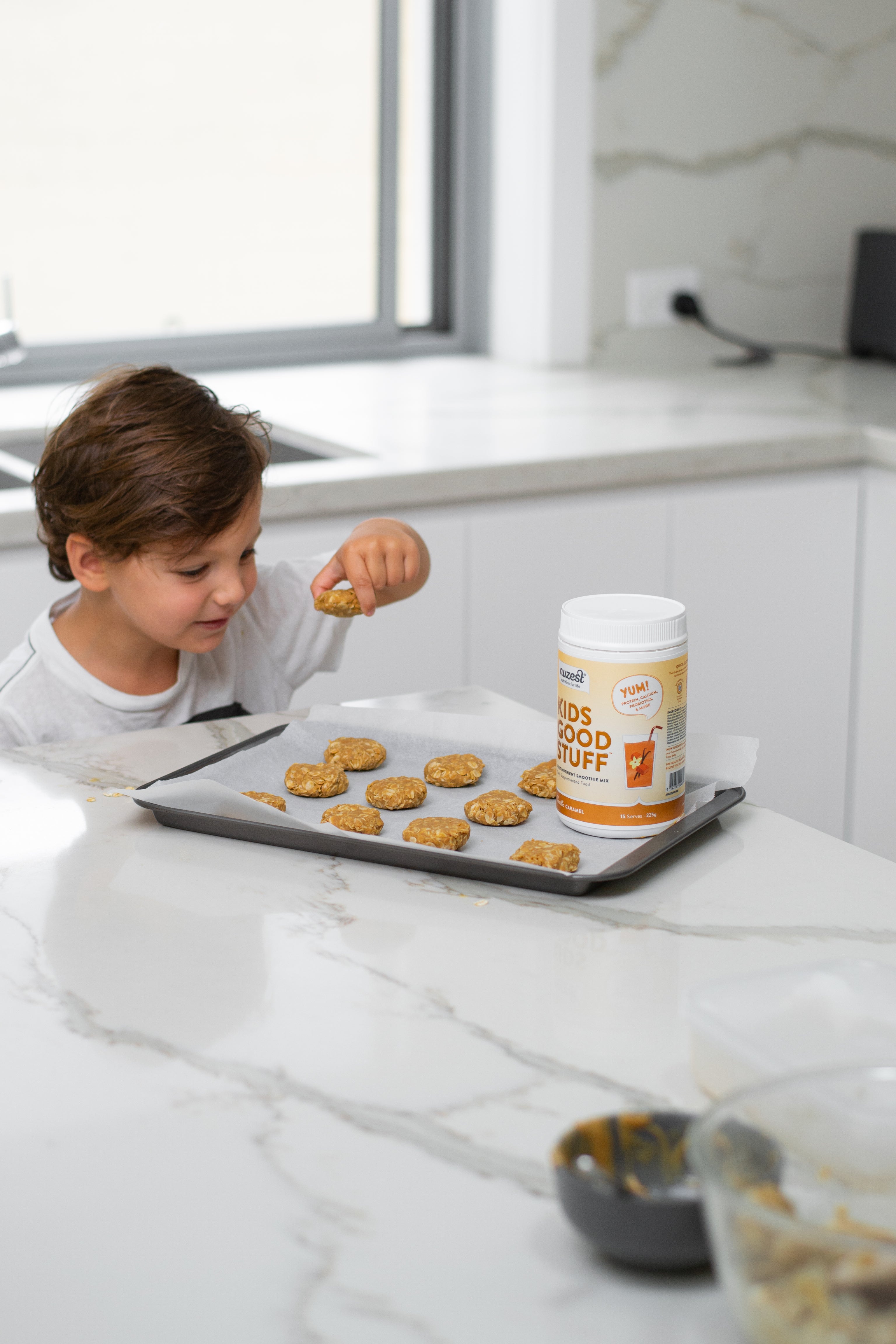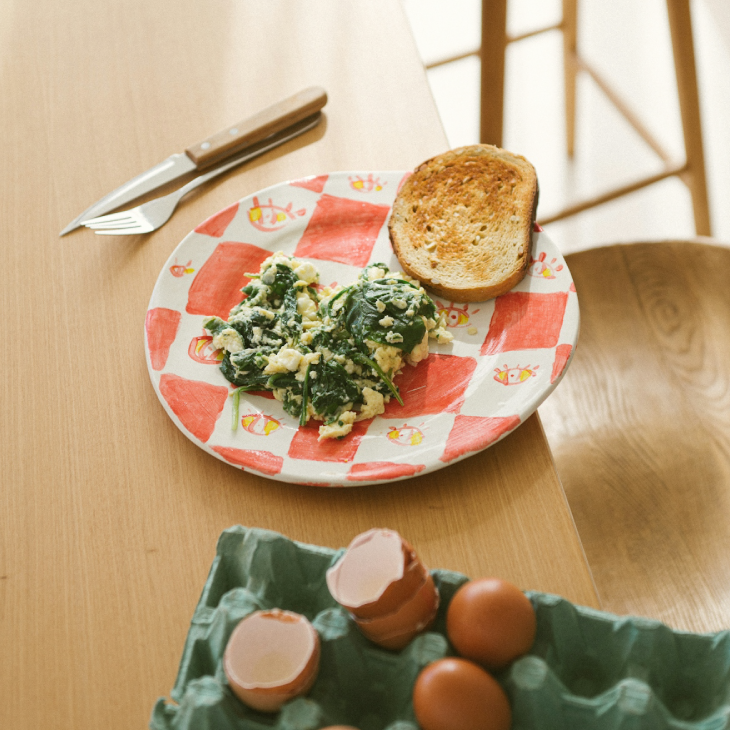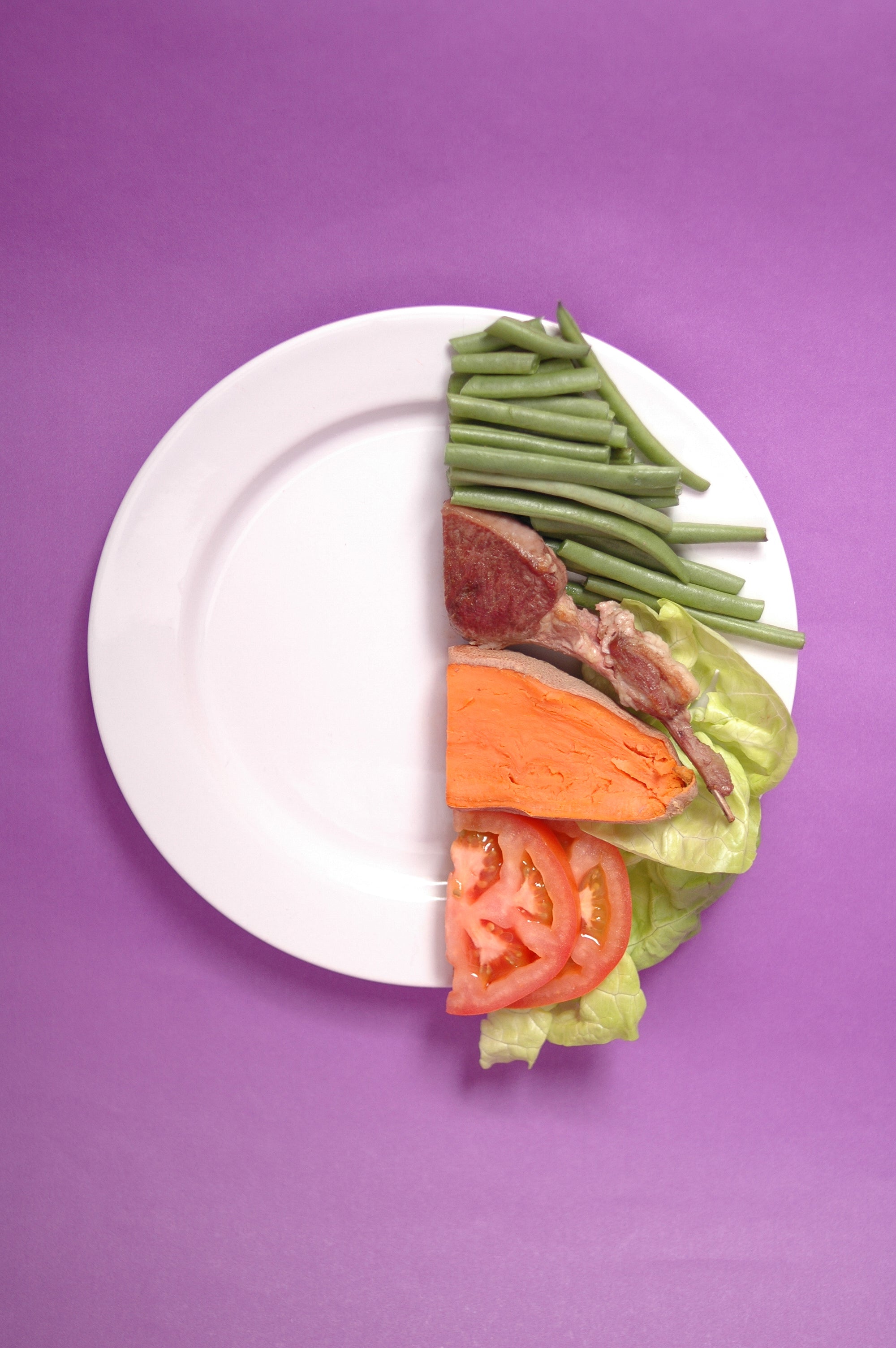Meal times can be incredibly distressing for parents of fussy little eaters, and not to mention for the little ones themselves. It's often a time where kids use food to exert some control over their parents but the child may also have a genuine aversion to some foods so it can be confusing for a parent how to deal with their fussy little eater. A fussy eater is characterized as a child who refuses to try a food at least half of the time and at least half of all toddlers fit this description.
So here are my top 10 tips for fussy little eaters:
1. Create a meal and snack time routine.
Allow a dedicated amount of time for meals and snacks that is relaxed, expected and where they feel secure. If they haven't finished their meal in this time, allow them to quietly leave the table or remove their plate.
2. Stay calm and relaxed.
Kids need to feel that meal times are a positive experience so as hard as it can be sometimes, stay calm and relaxed. Avoid confrontations, nagging and punishment associated with food as anxiety may affect their appetite. Instead, focus on good behavior giving praise and encouragement instead.
3. Avoid liquid calories, especially before a meal.
Make sure snacks or liquids like milk or juice (no more than ¬Ω cup of juice per day) are at least an hour before their meal so they have a good appetite. Avoid soft drinks completely.
4. Get the kids involved in the food process.
This will be dependent on their age, but whether it's sitting them up to watch you, maybe identifying the colours of the foods, to getting the older kids to chop, grab things from the fridge or stir a pot this involvement will have them engaged in the food process and they may more likely to eat it.
5. Eat together with one or all of the family.
This allows you to be great food role models so your child sees everyone else eating the same as them, plus it helps eliminate extra distractions like TV and devices. Also, give your child the same food as everyone else, don't make separate meals or your child will think that's an option available to them.
6. Keep food fun and interesting.
Use colourful plates, offer a range of coloured foods so it's visually appealing.
7. If your child refuses a food, don't assume they don't like it.
Remember it can take up to 10 times before a child may accept food so don't give up! Give them a variety of foods they do like and then one new food to try.
8. Give your child small amounts on their plate.
Giving large amounts might be too overwhelming for a fussy eater so keep it reasonable. Portion size will ultimately come down to many factors including their age, gender and activity level but base it on what you know your child can manage.
9. Chop food up into manageable pieces.
Foods may be better tolerated if it's in bite size, finger-grabbing pieces that they can eat themselves and give them more independence.
10. Don't use food as a bribe.
This teaches the child some foods are more desirable than others and that food is can be a reward. Not only in the short-term can that be damaging but long term as adults it may lay the foundations for comfort eating and food rewarding, which can be a real challenge for weight management. Using non-food rewards like Lego, stickers or books is a great idea.
Ultimately if a child is hungry, they will eat but keep in mind why they might not be hungry or why they might be refusing food. A missed meal here and there is not a big deal but if it happens frequently, check with the doctor to make sure there isn't another cause.


















































